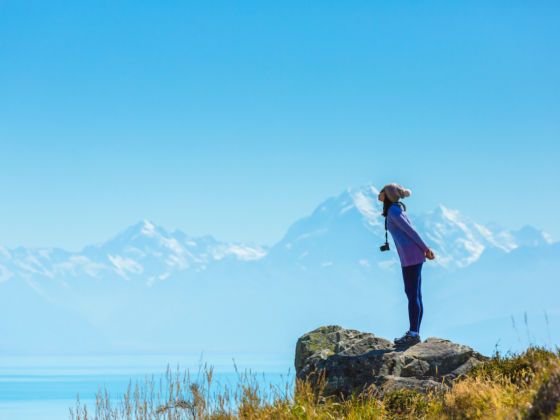Australia and New Zealand’s locations make them dream trips that most people are never able to take — which is probably why travelers feel such a draw to them. It’s rare to find a traveler who doesn’t want to visit at least one of the two countries, and many desire to spend a gap year living and working Down Under. But which country to choose?
Over the past few years, I’ve done working holidays in both countries, and while Australia and New Zealand have much in common, there’s also a lot that separates them. The country you choose — or which you choose to go to first — will depend on the kind of experience you’re looking for.
